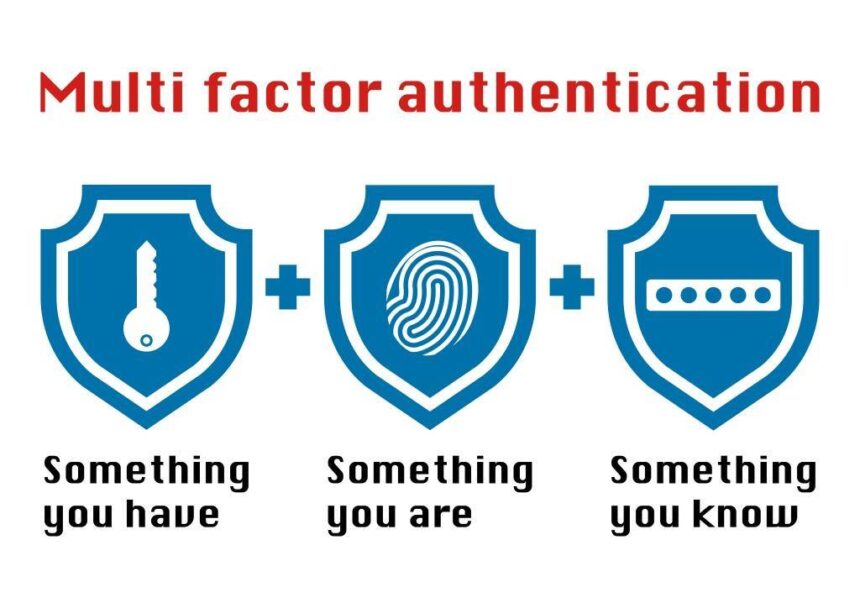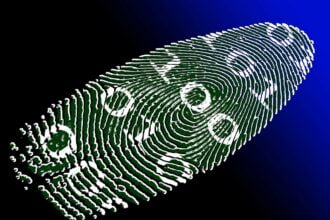Big data is playing an essential role in authentication. This will become a greater concern than ever, as security risks mount. Kaushik Pal wrote an insightful article on user authentication in Technopedia a couple of years ago. The importance of user authentication has risen since that article was first published. Experts are now discussing the role of multi-factor authentication solutions. Big data is proving to be a vital component to that.
How Does Big Data Influence Multi-factor User Authentication?
In today?s day and age, simple passwords as security measures are no longer safe. According to one study, 86% of passwords are notoriously insecure. But even passwords that are secure are vulnerable if they aren?t managed well and protected with additional authentication options. As soon as your password has been exposed by malicious parties, they will access your account and do whatever they want. Fortunately, multi-factor authentication solutions came into existence. But what exactly a big data based multi-factor authentication is and how these solutions can help you. If you?re interested to learn more, then keep on reading.
What is Multi-Factor Authentication?
Multi-factor authentication or MFA recognizes online users by carefully validating two or more claims offered by the users, from various types of validation. It would not be possible without contributions from big data. The basic types of validation used include:
- Something you have ? trusted and known device
- Something you know ? PIN or password
On the other hand, the theory behind the multi-factor authentication is that the joint factors of validation are stronger compared to their individual aspects. To make the definition simpler, multi-factor authentication incorporates a second, regularly physical method to verify a person?s real identity. What?s more, MFA is rapidly becoming a standard for more secure as well as safer logins. Big data is playing an important role in addressing these shortcomings.
Reasons Why You Should Use Multi-factor Authentication Solutions
Big data has made multi-factor user authentication possible. But what are the core benefits? Here are some reasons. 1. Enhance Security Multi-factor authentication is one of the best solutions that you may want to take advantage of especially if your main goal is to improve security. Big data has made this easier than ever. The main benefit of MFA is that it offers additional protection and security by adding new layers of protection. The more factors or layers in place, the more the risk of burglars obtaining important systems and data and systems is lessened. 2. Increase Productivity and Flexibility Another benefit of using this type of solution is that it replaces the encumbrance of passwords by changing them with alternatives that have the capability to improve productivity. Predictive analytics and other big data technology have made this possible. In addition, multi-factor authentication solutions can also bring an improved usability experience because of the improved flexibility of factor kinds. 3. Achieve Compliance Big data is vital for ensuring compliance. With multi-factor authentication, you will be able to attain the important compliance requirements particular to your organization that in turn alleviate audit findings as well as avoiding possible penalties. 4. Simplify the Login Process As we all know, a difficult password is not user-friendly. Despite the fact that multi-factor authentication adds additional steps it actually makes the login process a lot easier. Single sign-on, on the other hand, is one-way multi-factor authentication accelerate the said process. For example, a person using an Office suite needs to sign in thru multi-factor authentication especially if it is his/her first time to use the app in his/her device. 5. Location Restrictions You can use multi-factor authentication to limit or allow login access depending on the current location of the user. If you?re working outside your office frequently or using your personal device, you are putting your company and personal data at risk from physical theft. Multi-factor authentication, on the other hand, can be also used to recognize when a certain user is looking for access from unknown locations.
Big Data is Essential for Ensuring Multi-factor authentication
Big data is very important for making sure user security is adequate. It has helped by introducing multi-factor authentication. Multi-factor authentication solutions can be a great help especially if you have been compromised or an unknown person tries to use your password as well as username. Hopefully, you have learned a lot from this post.









